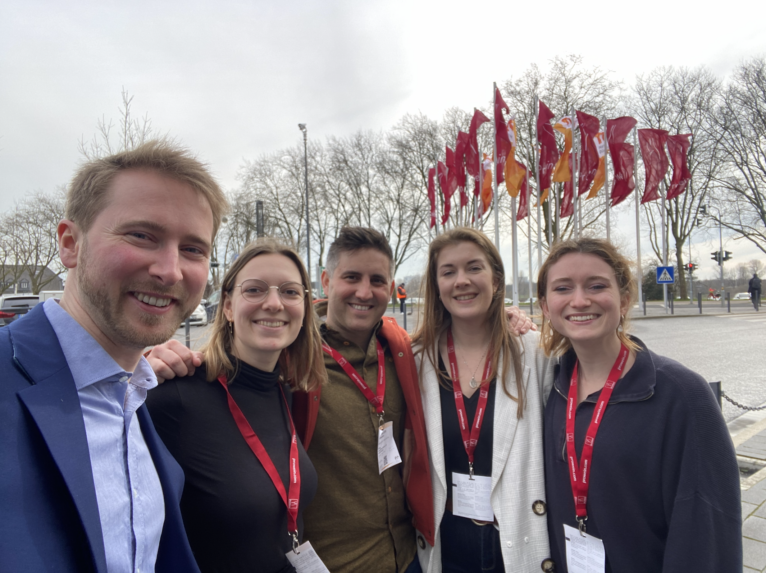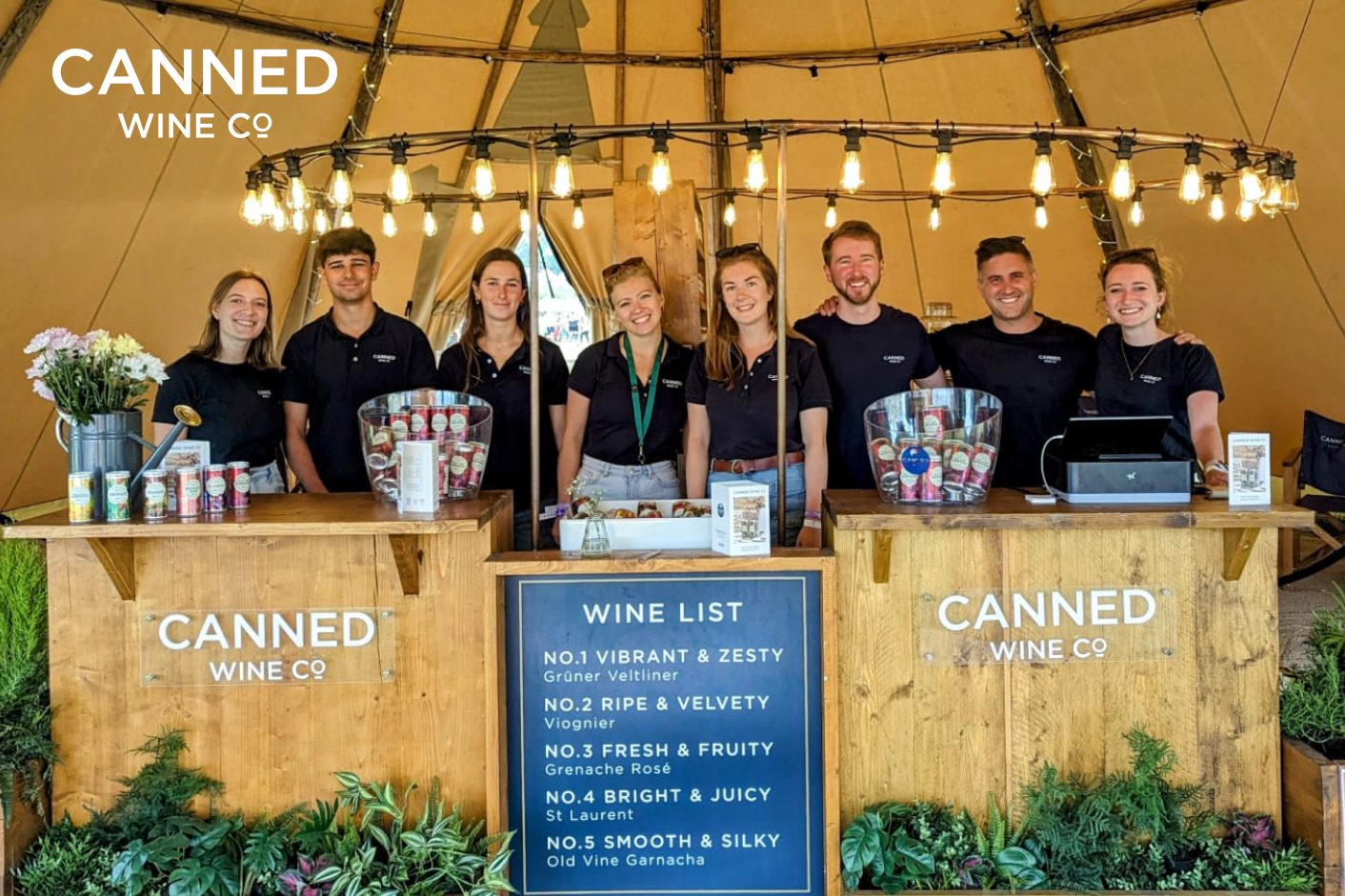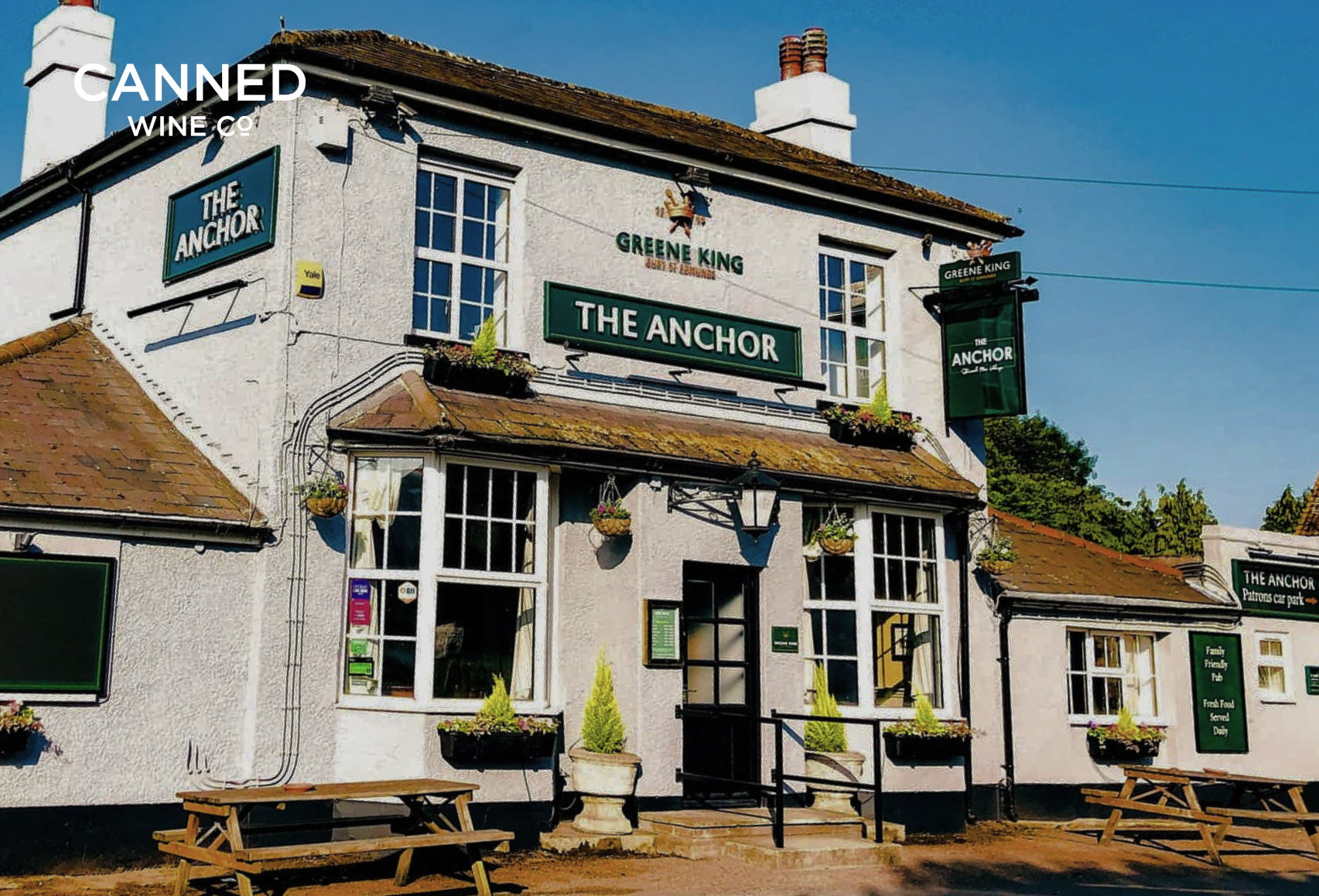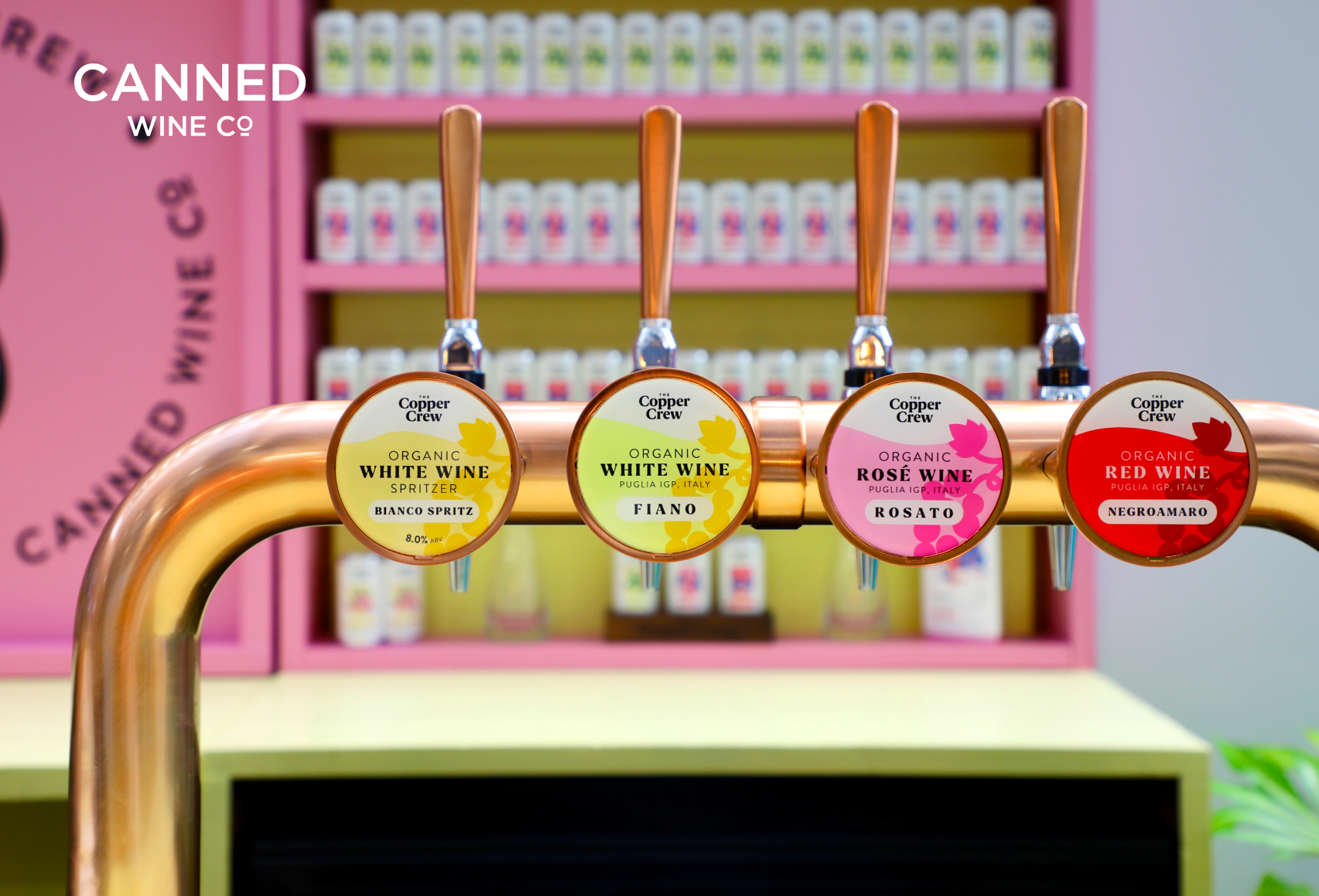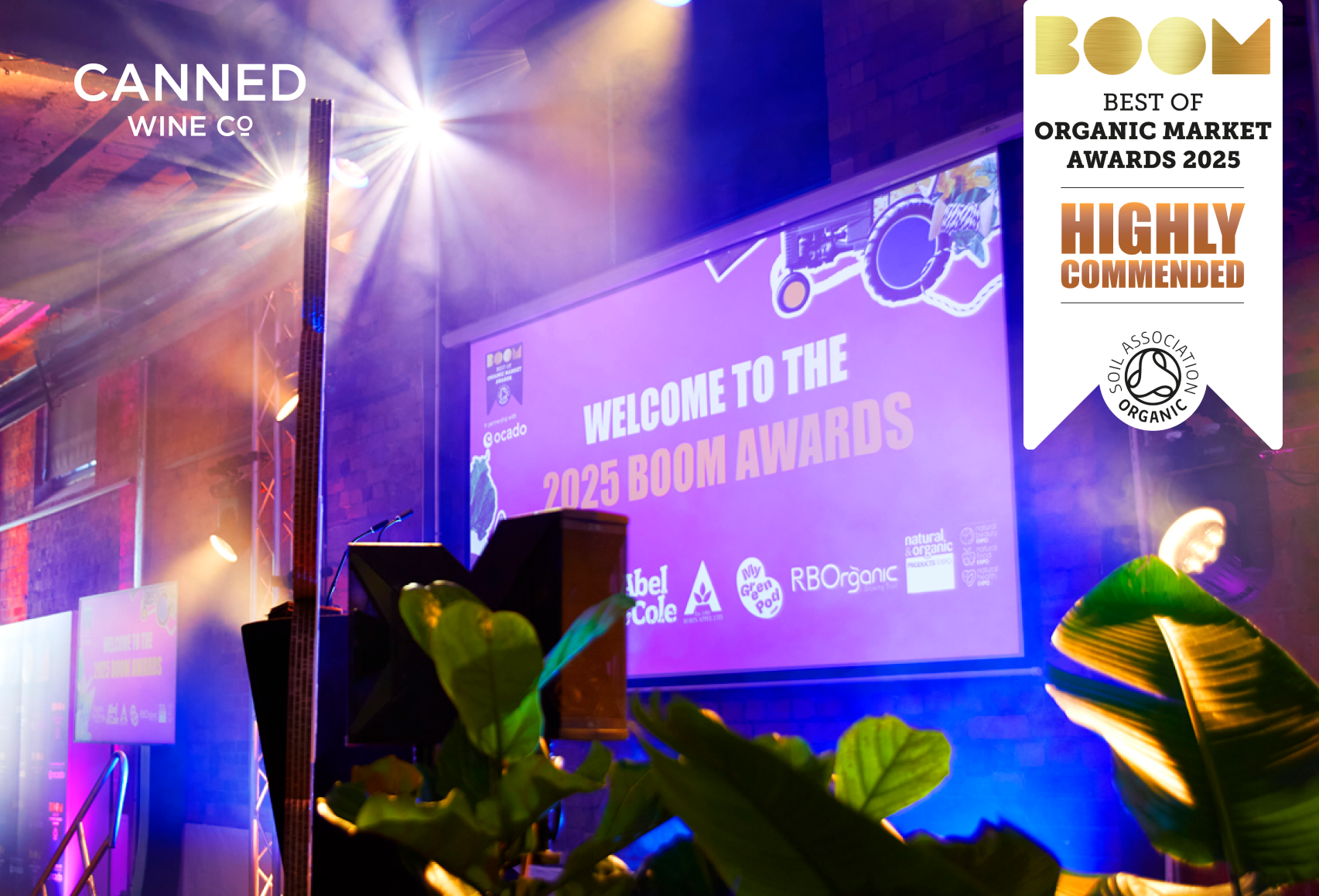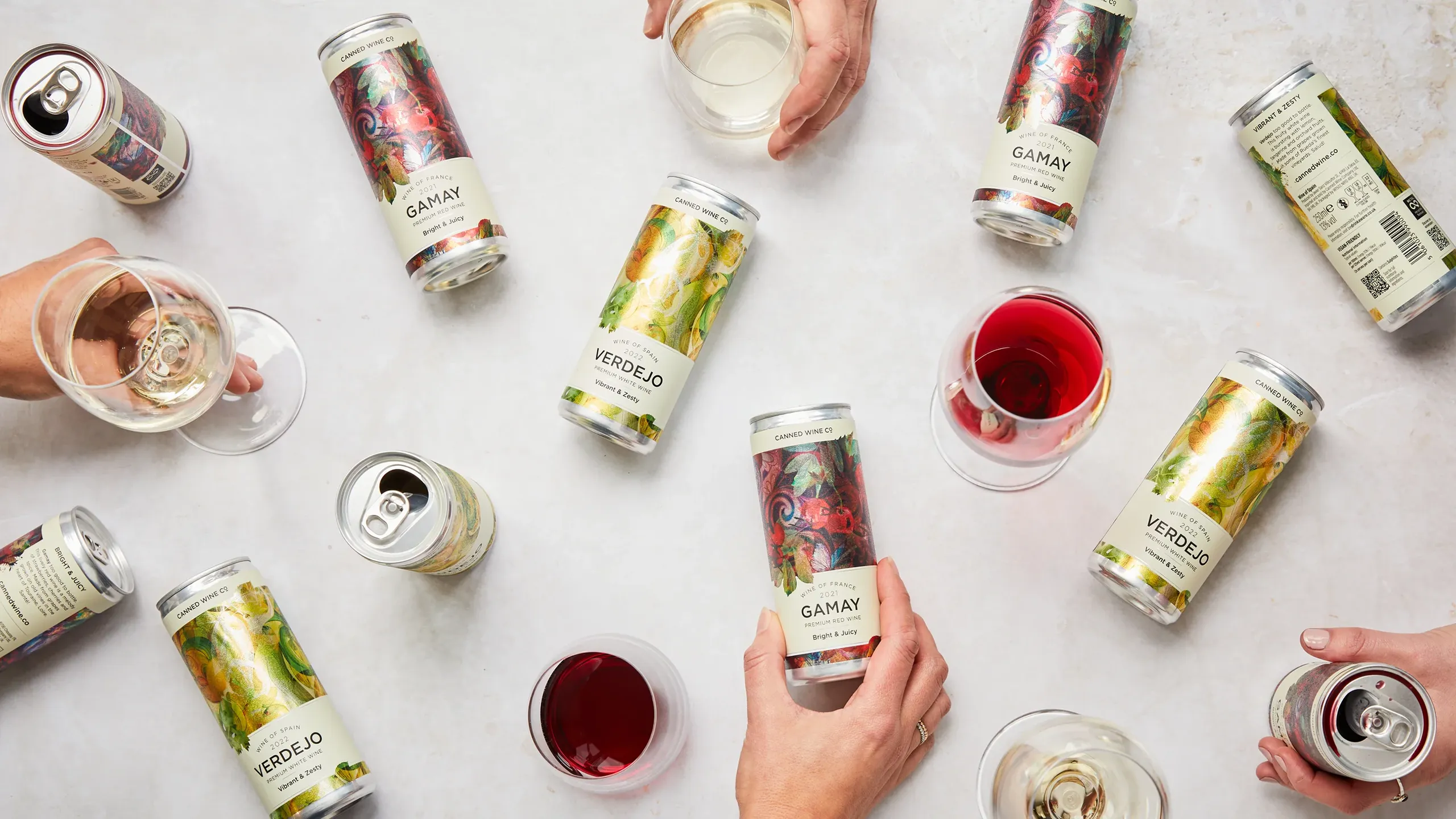At Canned Wine Co., we are fortunate as a company to have our head office based in central Bath. Not only a benefit due to the numerous hotspots to eat out at or being surrounded by famous cultural destinations, but this also means that most of the team can commute by walking. Others in the team make conscious efforts to minimise emissions by travelling to work using public transport or cycling, made easier by the well-connected Bristol-Bath cycle path – and not by the renowned cycle-to-work scheme which turns out to be difficult to fund for small businesses. But that’s a story for another day…
Commuting is, however, not where our business-related travel ends. Given our brand values are based around connecting with people over the enjoyment of wine and elevating experiences, having in-person encounters outside of the realms of zoom are paramount to our ethos.
When we consider our business travel, considered part of Scope 3 emissions, from specifically a sales point of view, we can list plenty of reasons as to why we’d love to make the trip:
· Pitches for exciting new business;
· Trade events (both in the UK and in continental Europe);
· Customer visits to really get to the grips with our customers’ needs and problem solve together
· Plan the next big activation for a theatre or pop-up bar at a stadium;
· Organise engaging staff training sessions or tastings and finally put the “zoom doom” into Room 101 for good.
That said, we are a small team based in the Southwest with trade customers and partners based in all four corners of the UK, from the most southern Waitrose stores on the Channel Islands right up to The Torridon Hotel in the Highlands of Scotland. The list of locations is becoming increasingly further afield too with exciting export deals in the works. We would love to say we could meet every single customer face-to-face over a glass of wine, but the sums just don’t add up. And that’s from both a resources and a sustainability point of view.
Behind the scenes of every sales trip, we always weigh up the benefits vs the costs. Visiting or having the meeting in-person undoubtedly results in more positive outcomes for relationship building, however, is this always essential? It might be travelling a long way for a meeting (we love Bath but, somehow, most of our customers are based everywhere but) which might put employees under surmounting pressures and disrupt their work-life balance; or, ultimately, a large cost to the business and high CO2 emissions. Could the trip be a simple catch-up call?
According to our carbon footprint analysis we’ve conducted in partnership with Zevero, 1.6% of our emissions in 2022 were a result of business travel (contributing towards our Scope 3 emissions). Furthermore, 45% of km travelled for business were made by train. While the numbers exclude data from use of our company van (which counts toward Scope 1 emissions) it is evident that we’ve strived toward choosing the most sustainable method of travel, where possible.
We are currently calculating our 2023 emissions and certain that the proportion of train travel increased, as we’ve taken various steps to ensure we consider the wider impact on sustainability when it comes to business travel:
· Factoring in extra travel time when taking the Eurostar and cross-border trains to trade events like Prowein in Germany and VinExpo in Paris (rather than taking what would be a much shorter flight in terms of hours);
· Investing in a pop-up sampling bar that’s compact and easy to carry on a train (rather than a heavier version that would need a car to transport);
· Ensuring all trips are maximised by arranging other meetings and visits on top of the main reason for travelling;
· Creating a Sustainable Travel Policy that, where possible, only one team member should make the trip to minimise cost and emissions.
It goes without saying, however, that despite all the efforts made to ensure travel is as sustainable as possible, it’s not always as easy as it seems. Increasingly high prices for rail travel means it is a big financial consideration to take the train, it’s difficult to rely on trains with delays and cancellations especially when these happen just in time for the most important meeting of the month, and, constant solo travel can be wearing on team members. We often appreciate the company and all-important support from fellow colleagues. Many of our most valued memories as a team are from trips away where our teamwork has inevitably gone from strength to strength – and these benefits should not be discounted!
We strive to minimise our carbon emissions in all areas of our business, and sales travel does not fall short of this. We need to, however, find the financial, sustainable and resource-friendly balance to ensure one factor does not hugely outweigh the other, leading to further pressures and strain on the business. We might one day crack the code.
And if anyone out there already has, do let us know – we’d love to know the secret!
